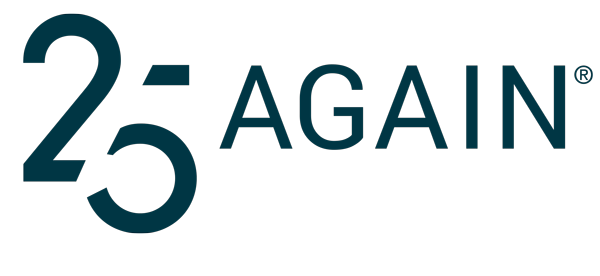Nearly one-third of all Americans aren’t getting enough sleep. Sleep deprivation can lead to chronic fatigue, decreased memory, weight gain, depression, anxiety, high blood pressure, diabetes, and cardiovascular disease. It’s nearly impossible to be in a state of optimal health and be sleep deprived.
We all know sleep is important, but just how important? During your deepest and most restorative stages of sleep (stages 3 and 4), your body enters a state of healing. At this time, breathing becomes slower, blood pressure decreases, blood supply increases to your muscles allowing for building and repairing, tissue growth and restoration occurs, energy is restored, and essential hormones are released into your bloodstream.
The hormones that affect sleep
Sleep also allows for important hormones to be released into your body. Two of the most critical sleep hormones are ghrelin and leptin. These are released to help regulate feelings of fullness and hunger. Therefore, individuals who don’t sleep well have a harder time regulating appetite and tend to gain weight.
The bottom line is that sleep is very, very important! In fact, many people become frustrated with other issues in their lives, like weight loss, that do not seem to be working correctly because they do not understand sleep patterns might be having an impact. Some people rarely even fall into the deep stages of sleep to allow for this state of weight loss and tissue repair to take place.
What can you do to ensure you get into deep stages of sleep?
Hormone balance is essential to good sleep health. Men and women with low levels of testosterone tend to not sleep as well. Low testosterone has been linked to poor sleep quality. This has also been shown to improve with testosterone replacement therapy.
Women with low levels of progesterone and estrogen commonly struggle with sleep as well. Progesterone is a calming anti-inflammatory that increases the neurotransmitter GABA that helps sleep. Low progesterone can cause anxiety, trouble sleeping, and restlessness.
Recommendations for improved sleep
There are a couple simple recommendations you should consider if these problems are plaguing you at night. One thing you can do to fight back against sleep loss is to get your hormones checked! If your testosterone, progesterone and estradiol levels are suboptimal, it’s likely you aren’t sleeping as well as you should.
Sleep hygiene is also vital. Ensuring you have quiet time before bed away from screens. Yes, even your cell phone might be causing you to have problems falling asleep at night. Shutting down your phone and staying away from bright screens prior to bedtime can help reduce your cortisol level and aid in relaxation. Light from tablets, TVs, and cell phones mimic sunlight and tells the brain it’s time to be awake.
Diet and exercise also plays a crucial role in how quickly you fall asleep and how long your body is able to stay at rest. Medical experts often recommend limiting caffeine six hours prior to bed, avoiding eating at least 2 hours prior to bed, and reducing alcohol intake in general. Regular exercise has also been proven to improve sleep duration and quality.
Next steps to help improve sleep
If you are struggling to fall asleep at night we recommend you stop counting sheep and start working to find the root cause. Your restless nights might be part of a bigger problem but this could be something that is easily treated, especially if caught early enough. Fill out the free 25 Again survey online to find out if it is time to consider how your changing hormones might be to blame.
Sources:
https://www.ncbi.nlm.nih.gov/pubmed/17168724
https://www.medscape.org/viewarticle/502825

